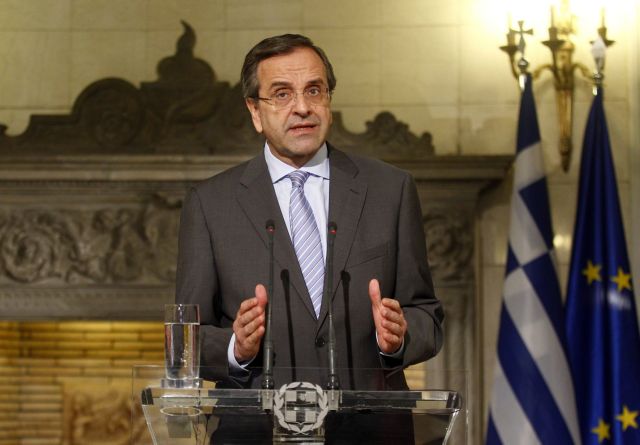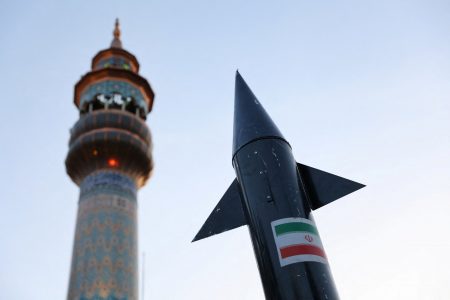The sudden closure of ERT has seemingly created a crisis amongst the government partners, with rumors circulating about possible elections. Both DIMAR and PASOK, after all, have openly challenged the Prime Minister Antonis Samaras’ decision. Venizelos and Kouvelis have demanded that they meet in order to discuss the ERT matter, which seems unlikely.
For Samaras the closure of ERT is a clear sign that he is willing to push forward necessary reforms, without calculating the political cost. The sacrifice of ERT will provide the 2,000 public sector employees that the Samaras government has agreed to dismiss by the end of June. Many have argued that the sudden nature of the decision reveal sloppiness and lack of planning meant to placate the troika representatives.
ERT’s closure was also meant to demonstrate the personal commitment of Samaras in pushing the reforms through. His government appeared unable to abolish damaging and counter-productive organizations and public bodies, due to the petty political games of Ministers protecting their supervised interests.
The recent failure of negotiations with Gazprom over the sale of DEPA cast further doubt over the PM’s resolve. It is not the first time that Samaras has tried to manage a negative development, but in this case the stakes are high. The government might have tackled ERT, but still has a number of damaging public sector fields to address.





